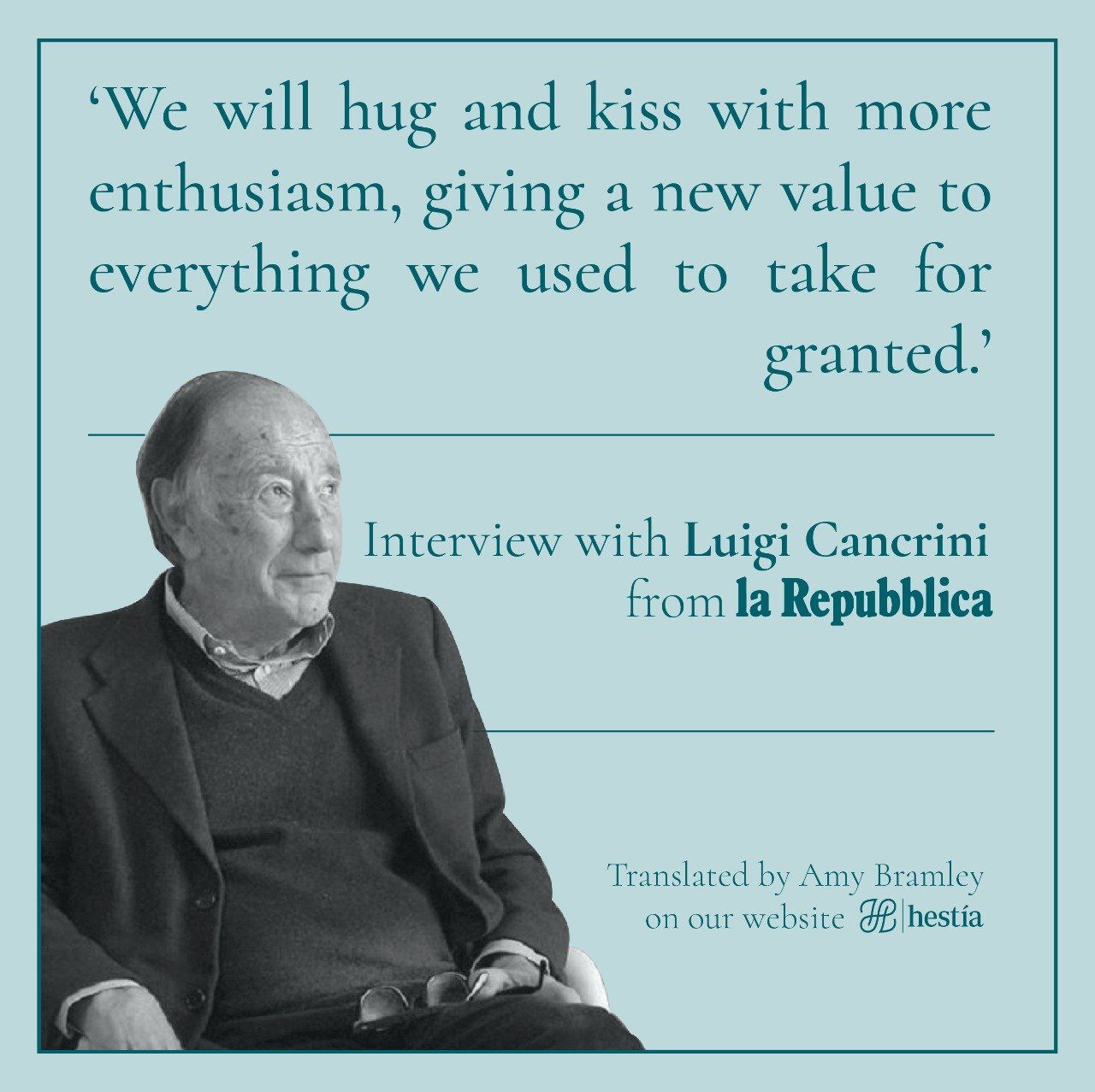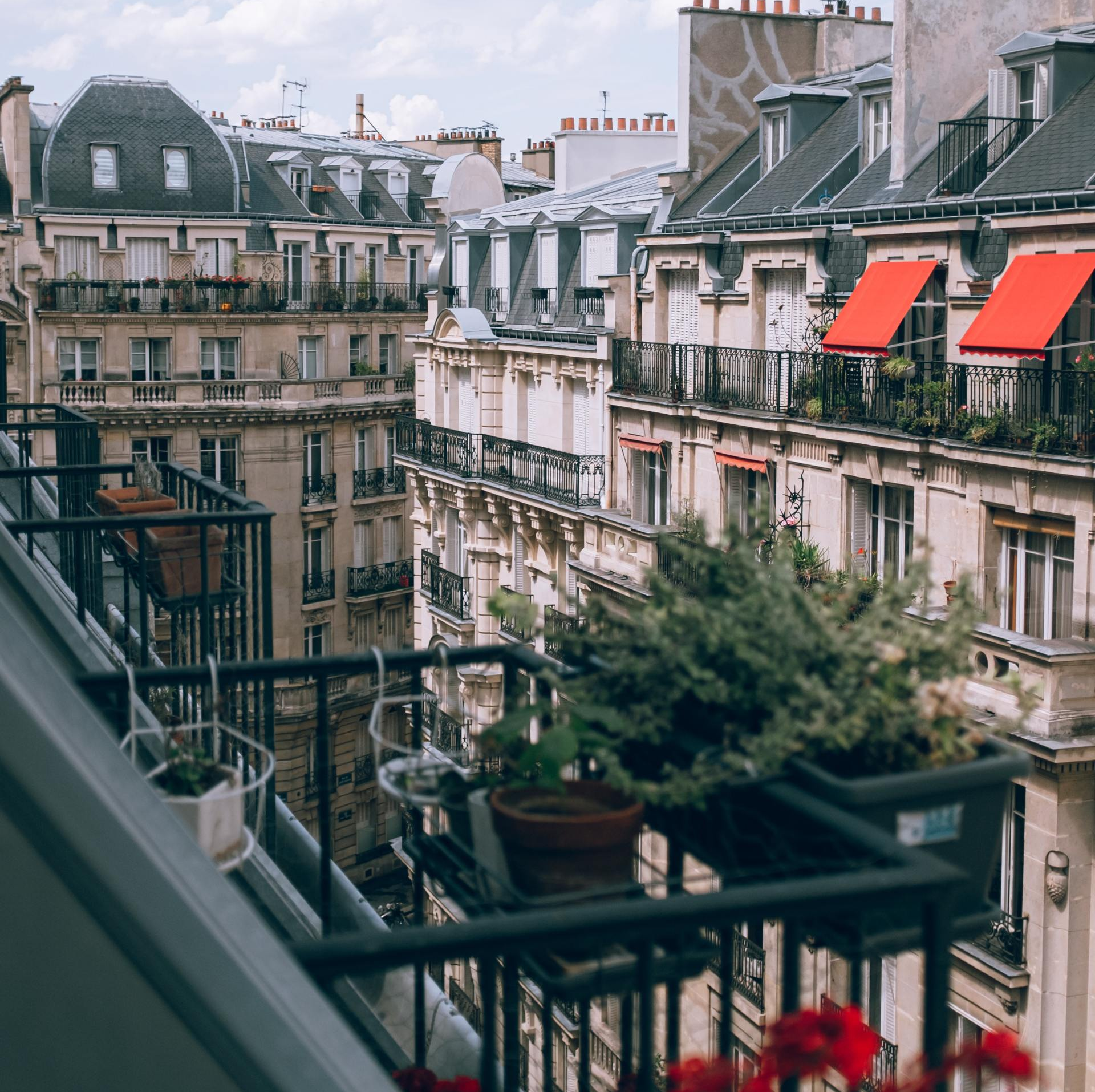Living in confinement: a challenge or an opportunity for change?

In the words of Hannah Arendt, human beings are born to begin anew. Listening to clients during the confinement, I have witnessed an emotional response that is fostering change. For many people, this is a process of change that began long ago, but has perhaps been on stand-by, ignored or blocked due to the frenetic dynamics in our lives, societal rules and customs; and our own internal beliefs, ideals, assumptions and values. I am seeing these patterns thrown into question by the current crisis. Faced with an invisible threat, we may have an impulse to fight or flee, but in fact we can do neither: instead, we are forced to sit with our feelings and understand what they activate within us. Here I have attempted to share some of the most poignant moments I have shared with my clients during our therapy in confinement.
Lost time or recuperated time?
‘Sometimes I think I should be with my family
in Italy; I feel so guilty for being here,’ says Viki. I ask her what she would
be doing for her family if she was in Italy. She says, ‘If I was there, I’d be
doing their shopping, so they wouldn’t be exposed to risk.’ Viki
is not alone in being far from home during this crisis: in my work as a
psychotherapist at Hestia, I meet many people who, like myself, live far from
their families of origin and loved ones. The uncertainty of when we will next
see those dearest to us and have physical contact with them can be the source
of a lot of pain, but it also offers us a chance to replenish those
relationships.
The fact is, Viki tells me that her
relationship with her family has become closer than ever through this crisis:
she speaks to them far more frequently than usual, and their communication is
better now. They have more time to talk, and more interest in sharing how they feel,
because they are worried about each other’s wellbeing. During this ‘lost time’,
they have rediscovered – through their urge to care – their love for each
other. Of course, they are missing all those things that are only possible in
person: hugs, touch, physical contact.
Viki’s experience has made me reflect on something Professor Cancrini mentioned in a recent interview . When we are reunited, ‘We will hug each other with more enthusiasm, having reevaluated all those things that we used to take for granted’.
The importance of being productive
The question of being unproductive has also often come
up more than once with clients recently. The ‘doing nothing’ is taking its
emotional toll. Barbara explains that, without her usual routines, she feels
vulnerable, because her work, studies and daily activities previously allowed
her to construct an image of herself as strong and independent, based on the
logic that ‘duty comes before pleasure.’
During the isolation, my sessions with Barbara always
begin in the same way. I ask her how she is and she answers, ‘I’m okay, but I
don’t get anything done.’ We’ve explored what it means for her to get things
done. She says, ‘Going to work, having established routines makes me feel
alive. Having lots of free time and not knowing how to manage my day makes me
feel I’m not making the most of things. I feel useless.’ Barbara’s time is
marked by a series of activities that she enjoys, though she struggles to allow
herself to do them, because they fall into the ‘pleasure’ category. To spend
time playing an instrument, relaxing, cooking, reading, speaking with friends
seems a waste. As the weeks have passed, however, she has used the time that at
first seemed ‘lost’ to rediscover things that make her feel alive. In our last
session she told me she is feeling much better; that the pressure to be
productive has reduced. She has realised she does not enjoy the job she was
doing. It’s the first time she’s ever told me this. ‘I felt the pressure of my
mother, who always prioritised work over everything else.’ Our sessions have
changed; they have a new vitality to them.
Going home; a moment of freedom
One young client of mine, Margarita, decided to leave
Spain and go home to spend the quarantine with her family. When she got there,
she decided to take a break from therapy. ‘I don’t want to talk about my
problems at the moment; I’d like to continue once we get back to normality.’ Margarita’s
anxiety and anguish and even her dysfunctional eating behaviour appeared to
reduce the moment she got home. It was as if she was experiencing a new
beginning, after many years of living abroad. She felt some hope that things
were going to be different; that her relationships were improving. She had
great hopes that her parents would no longer be fighting the way they used to
fight.
Margarita left home to study abroad; but she also wanted to escape a family environment that was full of conflict. She left to find peace. She tells me that she hopes her parents will help her overcome her eating disorder. This is a surprise for me, as she’s always said she does not want to tell them how she’s suffering; she does not want to worry them. ‘They have their own problems; the last thing they need is to deal with my bulimia,’ she has told me in the past. Now something has changed in her internal world. It seems that she has begun to listen to herself and to prioritise her own needs.
There is no escape
Joana tells me, ‘I’m frightened of being alone. I’m scared I’ll lose control and pour all my worries into food. When I get out of control, I feel so guilty and ashamed.’ These are the very emotions she’s been fighting for a long time; what has changed is the context. Now it is just her and the emotions. There is no escape. She cannot go outside and disconnect via her usual means: drugs, alcohol, food or dysfunctional relationships.
Joana wants to come out
of this experience having somehow benefited from it. She
wants to stop trying to escape. She wants to pay
attention to what’s happening; to give meaning to her pain and suffering; to understand
her anxiety. She is discovering whom she can actually count on; which
relationships are real; who genuinely cares. Paradoxically, she feels less
alone, because she is experiencing a new reality. She has chosen to put her
internal chaos in order, by accepting what is outside.
Obliged to stop
Carla has been talking about how the pandemic has
forced us to stop; how our daily life has been transformed with the quarantine.
Until this happened we felt such a necessity to race around, in the belief that
whoever stops is lost. Now it’s the opposite: we
have to stop if we don’t want to be lost. Carla has been
experiencing a sense of peace at having slowed down the rhythm of her work,
friendships, love life, and exercise. At first this terrified her, but she’s
come to realise that the way she was living, it was as if she was running a
race. ‘I always compare myself with others and think I’m inferior. I don’t have
a partner, I don’t have a secure job, I don’t have any prestige.’ Every day
felt like a test. And now that everything’s stopped, everyone is in the same
boat.
For Carla, there is now no space for comparisons;
instead, she’s started listening to herself. She recognises the good things
she’s built and accepts there are things in her life that aren’t perfect. She
continues to work on the grief she feels at losing her father, and the poor
relationship she has with her mother, as well as the insecurity she feels about
the future. She accepts all of this. She is not in a hurry. She accepts
whatever gives her pain; she wants to manage her emotional void, dedicating
time and space to it.
Every day we are witnessing – directly
or indirectly – pain and suffering. But we are also witnessing hope. We are
looking at the other with more interest and greater empathy. We are looking
inside ourselves, becoming more aware of our feelings and experiences. We feel
more compassionate and more passionate, too; for what we do not want in our
lives anymore, and for what we yearn for. It is the kind of passion that can
mark new beginnings. And then maybe we can be reborn. We, ourselves and the
world as we have known it.
Disclaimer: names have been changed to protect confidentiality.
Written by: Adelaide Margiotta- Translation by: Amy Bramley




